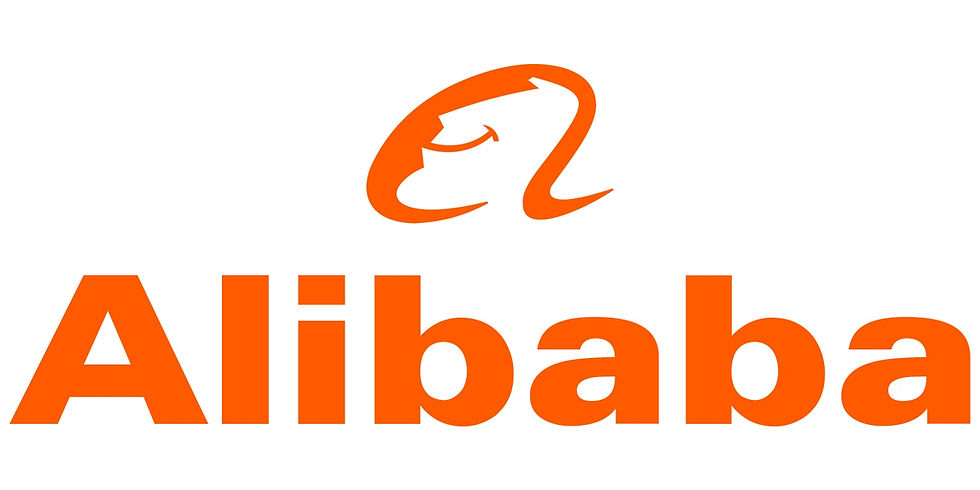China Digital Digest Weekly: Exploring the Chinese Digital Landscape
- ClickInsights

- Mar 31, 2023
- 3 min read
Hi folks, we are back with our weekly edition of China’s Digital Digest, wherein we would bring you weekly updates on China’s digital space. The report takes a quick glance at China’s complex and rapidly evolving social media landscape by providing updates on the latest happenings across the social media industry. Here are the major highlights of the report.
1. Republican Senator Rand Paul Blocks Bid to Ban Chinese-Owned TikTok
US Republican Senator Rand Paul has blocked a bid to fast-track a ban on the popular Chinese-owned video-sharing app TikTok, which more than 150 million Americans use, citing concerns about free speech and uneven treatment of social media companies.

A small but growing number of Democrats and Republicans have raised concerns, citing free speech and other issues, and have objected to legislation targeting TikTok as too broad. TikTok chief executive Chew Shou Zi appeared before Congress last week and faced tough questions about national security concerns over the ByteDance-owned app.
2. China’s No 2 Short Video App Operator Kuaishou Narrows Its Losses In 2022
Kuaishou Technology, China’s No 2 short video platform behind TikTok’s sister app Douyin, narrowed its losses in the fourth quarter and the whole of 2022 on the back of better-than-expected revenue and record growth in the number of users.

Beijing-based Kuaishou reported a net loss of 1.5 billion yuan (US$218 million) in the quarter ended December 31, compared with a 6.2 billion yuan loss in the same period in 2021. Fourth-quarter revenue reached 28.3 billion yuan, up 15.8 percent from 24.4 billion yuan a year earlier, lifted primarily by its online marketing services and live-streaming operations.
3. Tencent Brings Paid Subscription to WeChat Videos to Fight TikTok
Tencent Holdings is planning to launch a paid subscription service for videos on its flagship app WeChat, allowing content creators to charge users for watching certain videos, as the Chinese social media giant steps up its challenge to short video apps Douyin and Kuaishou.

As part of Tencent’s bid to attract more influencers to join its platform, WeChat will let content creators set up a pay-to-watch video section on Video Accounts, the WeChat video section marketed as Channels, the company announced at Weixin Open Class, its annual event promoting WeChat’s new functions and strategies.
4. TikTok Banned on London City Hall Devices Over Security Concerns
London City Hall staff will no longer have TikTok on their devices in the latest ban imposed on the Chinese-owned social media app over security concerns.

The Greater London Authority (GLA) said the rule was implemented as it takes information security “extremely seriously”. It comes after the UK government banned ministers from using the video-sharing app on their work phones after a security review. The House of Commons and the Lords also cited security concerns as they decided to ban the app across the Palace of Westminster.
5. Alibaba to Turn Into An ‘Asset And Capital Operator’ After Overhaul, CEO Says
The historic overhaul of Alibaba Group Holding will transform the Chinese technology conglomerate into “an asset and capital operator, [rather] than a business operator”, company chairman and chief executive Daniel Zhang Yong said on Thursday.

In a 24-minute conference call with analysts, Zhang reiterated that Alibaba’s sweeping restructuring plan, which will transform the US$257 billion tech empire into six independently run entities, will make operations “more agile, enhance decision making and enable faster responses to market changes”.
6. Baidu Cancels Public Press Event For Generative AI Service
Baidu has scrapped a public press event for Baidu Intelligent Cloud, which would have revealed a service related to its ChatGPT competitor Ernie.

In an official post on Weixin (the Chinese version of WeChat), the company said it will instead hold closed-door meetings with potential enterprise customers. It added that so far, it has received 120,000 applications for testing the new service. Baidu is one of the biggest competitors to ChatGPT from China and is currently leading the scene in its home country. Other Chinese firms looking to launch their own generative AI service include Tencent, Alibaba, NetEase, and ByteDance.
Wrapping Up
The vast and diverse nature of the Chinese Social Media space makes it incredibly challenging to keep a tab on the rapid developments taking place. However, China’s Digital Digest brings you all the latest updates from there to keep you abreast of all the evolving trends.
To delve deeper into the findings of the February report, click here.



google 优化 seo技术+jingcheng-seo.com+秒收录;
Fortune Tiger Fortune Tiger;
Fortune Tiger Fortune Tiger;
Fortune Tiger Fortune Tiger;
Fortune Tiger Slots Fortune…
站群/ 站群
gamesimes gamesimes;
03topgame 03topgame
EPS Machine EPS Cutting…
EPS Machine EPS and…
EPP Machine EPP Shape…
Fortune Tiger Fortune Tiger;
EPS Machine EPS and…
betwin betwin;
777 777;
slots slots;
Fortune Tiger Fortune Tiger;